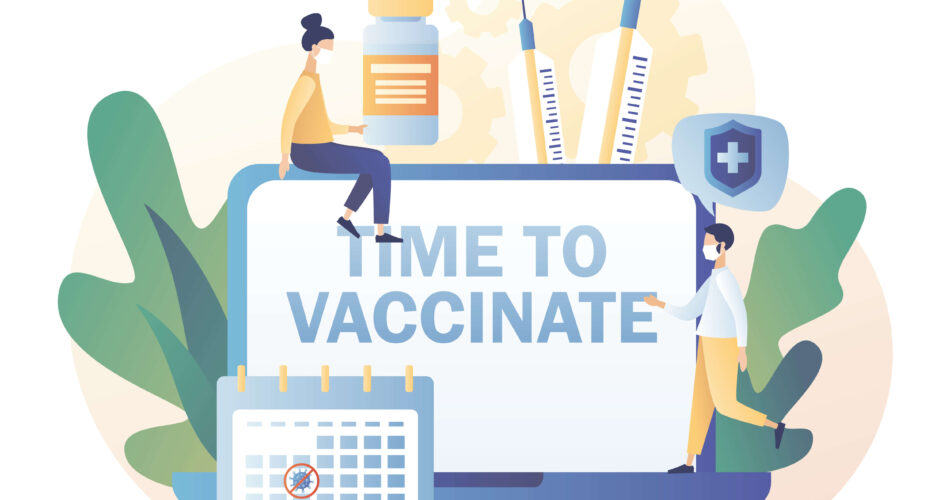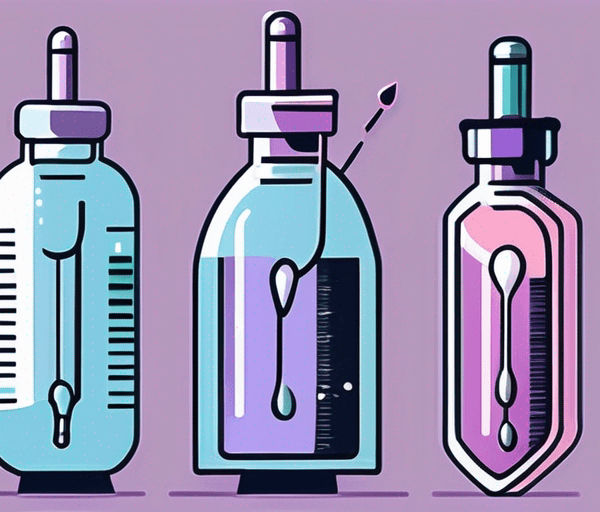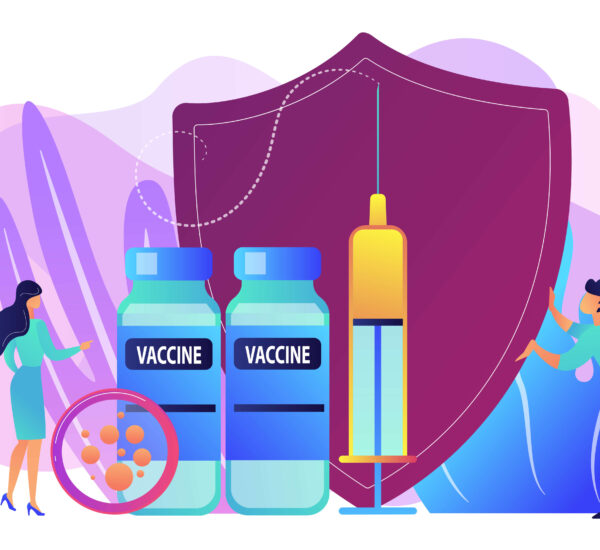Introduction
With the rising cases of health risks in the Philippines, it is only natural to find treatment options that can ensure protection against various health threats. Vaccines like hepatitis B vaccine play a huge role in building the defense of mothers and their children against the risk of hepatitis B. Find out the hepatitis B price in the Philippines by reading this guide, let’s begin!
What is Hepatitis B and Its Vaccine
Hepatitis B is a viral infection that primarily affects the liver. It is transmitted through contact with the blood or other body fluids of an infected person. Also, it can be transmitted through childbirth. Babies can get infected if an infected mother gave birth to their newborn. In short, hepatitis B is a serious illness, and should be managed immediately. One way to do that is by getting doctor diagnosis, while the other is to get vaccinated.
The Importance of Hepatitis B Vaccination
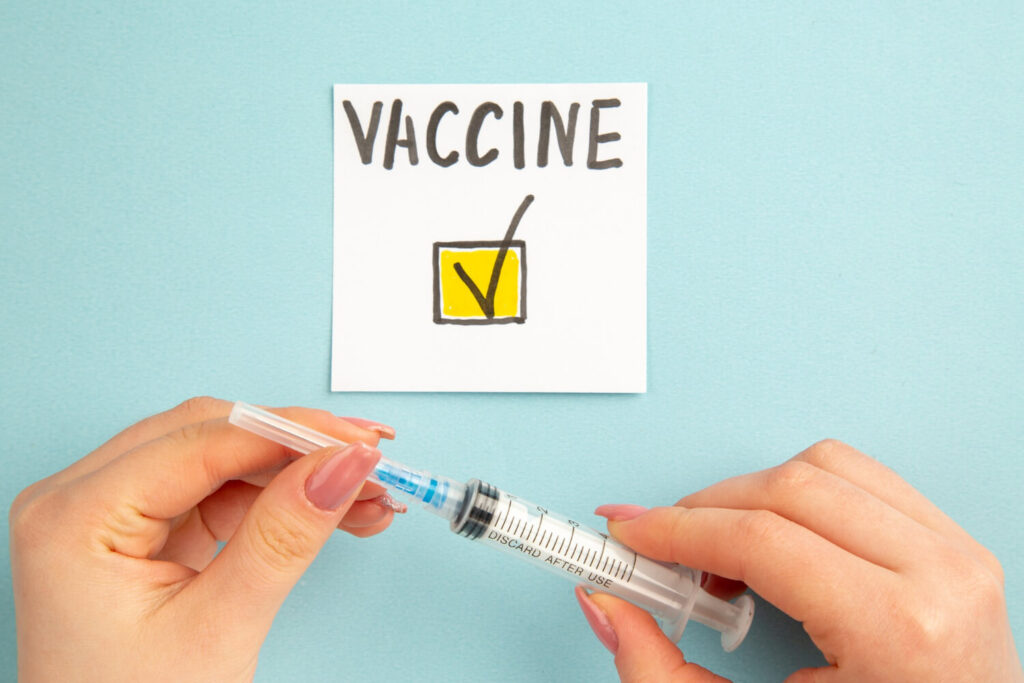
Vaccination for hepatitis B is especially important for individuals at higher risk of infection, such as healthcare workers, people with multiple sexual partners, and those who travel to areas with high Hepatitis B prevalence. With the possible threats surrounding this demographic, it is important to get the vaccine for hepatitis b.
This vaccine can protect people from contracting the virus, and lower their chancers of developing the following liver conditions
- chronic liver disease
- liver failure
- liver cancer
At the same time, vaccination helps in preventing the transmission of the virus to others. It is important to note that Hepatitis B vaccination is typically administered as a series of doses to ensure long-term protection. Staying up to date with the recommended vaccine schedule and completing the full series is essential for maximum effectiveness.
Read this related blog to know more about hepatitis b vaccine dose
Hepa B Vaccine Price Philippines
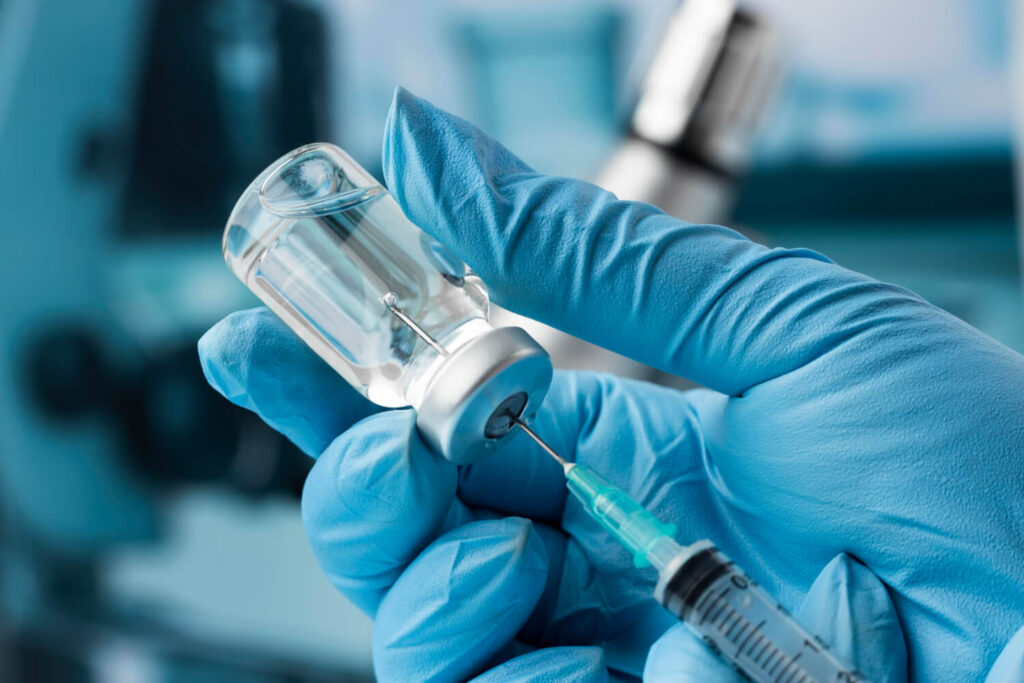
The hepatitis B vaccine price Philippines can vary depending on several factors. These factors include the brand of the vaccine, the dosage required, and the healthcare provider administering the vaccine. On average, the cost of hep B vaccine price Philippines ranges from PHP 850 to PHP 2000.
- Hi-Precision Hepatitis B Vaccine – PHP 2000.00 for all doses
- Watsons Philippines – PHP 803.00 per dose
Take note that these prices are dated as of 2025 only and may be subject to change based on the overall supply and demand.
Patients should consult with their healthcare provider or check with local clinics and hospitals for the most accurate and up-to-date pricing information.
Different Types of Hepatitis B Vaccine
Recombinant Hepatitis B Vaccine Philippines
This variant is the most commonly used type of Hepatitis B vaccine. It is made using a recombinant DNA technology that involves inserting a gene from the Hepatitis B virus into yeast cells. The yeast cells then produce a protein that stimulates the immune system to produce antibodies against the Hepatitis B virus. There are 2 recombinant vaccines used in the Philippines, which are Engerix B and GeneVac B.
Engerix B Vaccine
Engerix B vaccine is formulated to fight off infection caused by hepatitis B virus. Individuals of 0 to 19 years old must only receive a 0.5 mL per dose during the 0-1-6 months schedule. Meanwhile, for patients at the age of 20 and up years old, they must receive a higher amount which is 1 mL per dose in the same timeframe for vaccine schedule.
GeneVac B Vaccine
GeneVac B is also a vaccine formulated as an active immunization for patients that are considered at risk for getting hepatitis B. Just like the first type, patients in the age of 0 to 19 yrs old have a certain amount of dosage needed, which is 0.5 mL. Meanwhile, 20 years old and older patients must have 1 mL dose. Although, take note that infant patients are recommended to take the vaccine during the 6-10-14 week schedule for immunization. At the same time, children to adult patients must follow the 0-1-6 months schedule for vaccines.
Plasma-derived Hepatitis B Vaccine
This type of vaccine is produced using plasma collected from individuals who have been immunized against Hepatitis B. The plasma is processed to remove any potential contaminants and then used to create the vaccine. One of the known vaccines under this type is the Heptavax, which was introduced in 1981.
Although, take note that this type of vaccine for hepatitis B is no longer available. Experts discontinued its use in the year 1990, and was replaced by recombinant vaccine. This vaccine is replaced by a new formulated vaccine, which is the recombinant type. That’s why if you are looking for alternative vaccines for a lower hepatitis b vaccine price, this option is not available.
Combination Vaccines
Some vaccines offer combined protection against other diseases that also fights off hepatitis B. For instance, there are 6-in-1 vaccines that can help patients build their immune system against multiple illnesses like Hepatitis A or diphtheria, tetanus, and pertussis (DTaP), polio, influenza, etc. This hepatitis vaccine offers the convenience of receiving multiple vaccinations in a single shot.
It is important to consult with a healthcare provider to determine the most appropriate type of Hepatitis B vaccine. You can also inquire about the vaccine price list to determine which suits your finances.
Booster Shots: Are They Necessary?
Booster shots for Hepatitis B vaccination are generally not necessary for the majority of individuals. The Hepatitis B vaccine is known to provide long-lasting immunity for at least 20 year. However, certain groups may benefit from periodic testing of antibody levels and, if necessary, a booster dose to ensure ongoing protection. These groups include healthcare workers, individuals with medical conditions like chronic kidney disease or liver disease, and those who are immunocompromised.
It is important to consult with a healthcare provider to determine if a booster dose is recommended. Regular monitoring of antibody levels and adherence to the recommended vaccine schedule can help ensure continued protection against Hepatitis B.
Where to Get Vaccinated for Hepatitis B
Getting vaccinated for Hepatitis B is a straightforward process. There are various healthcare facilities in the Philippines where individuals can receive the vaccine. It is important to choose a reputable healthcare facility to ensure the vaccine is administered safely and effectively.

Here are some options for where to get vaccinated for Hepatitis B:
- Government health centers: Many private sector health centers offer Hepatitis B vaccination services for a lower cost or for free.
- Private clinics and hospitals: Private clinics and hospitals also provide Hepatitis B vaccination services, typically at a higher cost.
- Barangay health centers: Residents can also inquire at their local barangay health centers for information on Hepatitis B vaccination services.
- Pharmacies: Some leading pharmacies like Mercury Drug and Watsons offer vaccination services.
On the other hand, patients can also try researching online platforms to schedule vaccination sessions with ease. There are various online consultations in the Philippines where doctors provide their vaccination services for adults and children.
NowServing PH can provide easier scheduling for hepatitis b vaccines. Aside from that, they also provide other vaccines such as for rabies intervention, flu, pertussis, mmr, etc.
Health Insurance and Vaccine Coverage

HMO or health insurance plays a crucial role in covering the costs of vaccines. Most HMO plans provide coverage for vaccinations, including the Hepatitis B vaccine. However, the extent of coverage may vary depending on the insurance provider and the specific plan.
If you currently don’t have an HMO plan, you might want to consider availing one for future medical expenses. At the same time, it will help to have an easier transaction with your doctor, especially in terms of vaccinations. Here’s a link of providers you might want to check out for your next hepatitis b vaccine session. Make sure to prepare the needed documentation for applying on a certain health insurance plan.
Discounts and Promos
Some HMOs don’t completely cover the cost of the vaccine, but they have partner clinics that offer discounts and promos. For instance iCare have Kamay Medical where they offer 10% off for the hepatitis B vaccine.
Contact your HMO provider to know if they also provide discounted rates and other package deals for hepatitis b vaccination.
Conclusion
When it comes to safety and protection from health complications, vaccines are one of the go-to options that experts recommend to people. That’s why with the constant threat from hepatitis b virus, receiving an immunization is important. While some people’s concern is the hepatitis b vaccine price, what matters the most is its effectiveness in protecting patients against hepatitis b virus.
So, if you are wondering about the hepatitis b vaccine price, we found that the common range is PHP 850 to PHP 2,000. Although, not all clinics offer the same price due to the mentioned factor that can affect the hepatitis b vaccine price. It’s best to visit a healthcare provider for a more accurate range of price.
Book an online consultation with a hepatologist or visit a local health center near you! You can also try booking a hepatitis doctor on NowServing!
Hepatitis B Vaccine Quiz
Test your knowledge about Hepatitis B vaccination
Question 1 of 5
